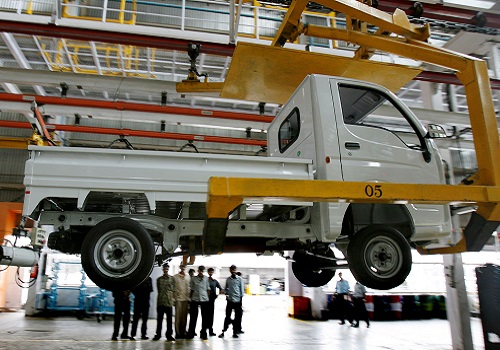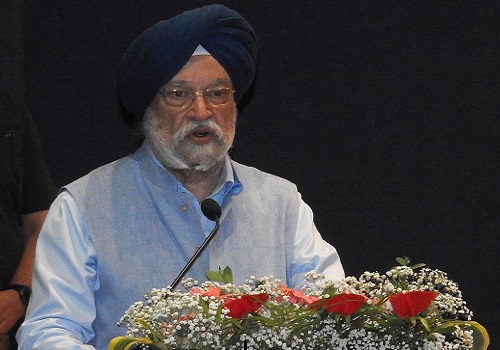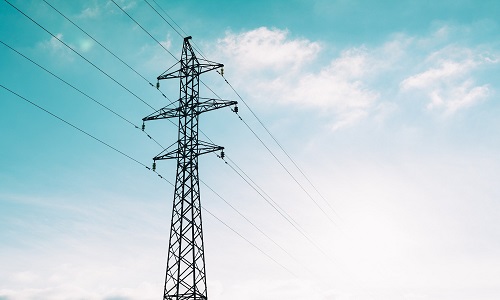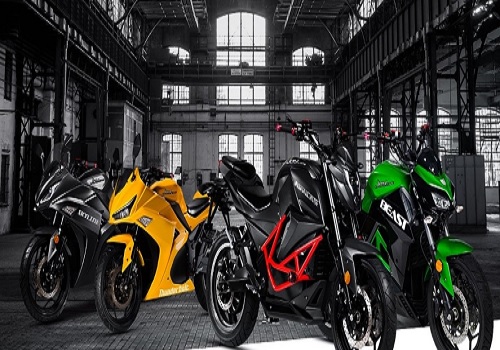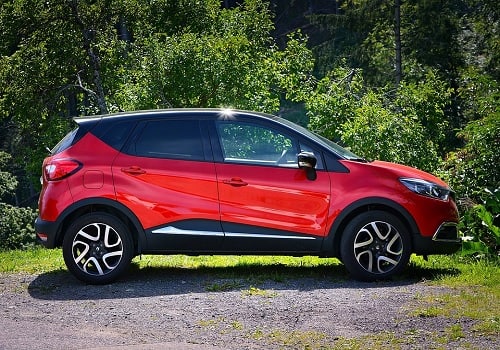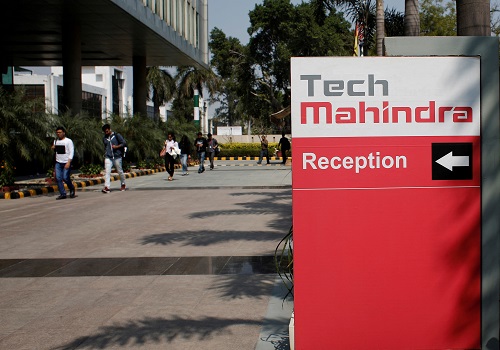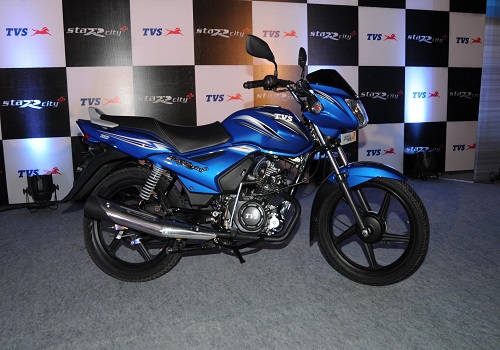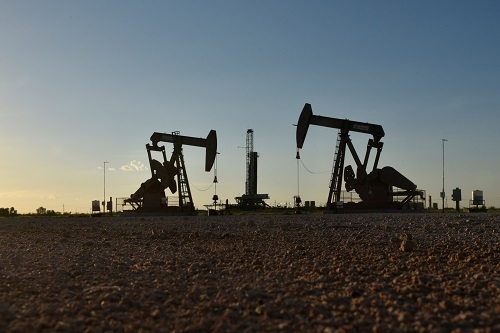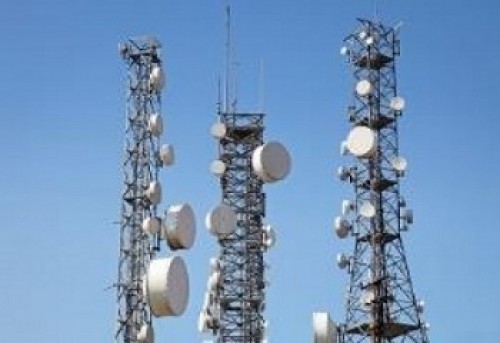Auto Sector Update - Electric Vehicles: FAME II scheme revised with higher incentives for 2Ws By Emkay Global
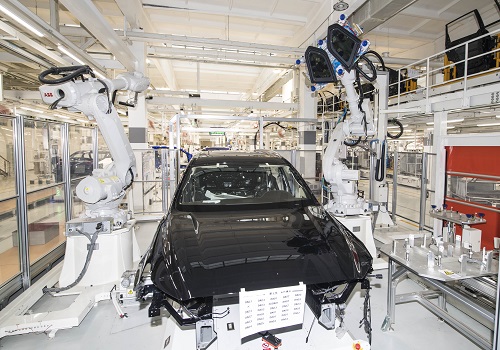
Follow us Now on Telegram ! Get daily 10 - 12 important updates on Business, Finance and Investment. Join our Telegram Channel
Electric Vehicles: FAME II scheme revised with higher incentives for 2Ws
* The Ministry of Heavy Industries has announced partial amendments to FAME II (Faster Adoption and Manufacturing of Electric Vehicles in India) scheme to support EV adoption in 2Ws, 3Ws and Buses.
* E-2Ws: Increase in demand incentive to Rs15,000/KWH from Rs10,000/KWH, with maximum cap at 40% of the cost of vehicles.
* E-3Ws: State-owned Energy Efficiency Services (EESL) will come out with an aggregate demand for 300,000 units for multiple user segments. This bulk tendering should lead to economies of scale for OEMs and consequent reduction in the prices of products. The details will be worked out by EESL for implementation.
* E-Buses: Cities with over 4mn population (Mumbai, Delhi, Bangalore, Hyderabad, Ahmedabad, Chennai, Kolkata, Surat and Pune) will be targeted. The details shall be worked out by EESL for demand aggregation and implementation.
* Considering feedback from the industry, the Government has been considering remodeling of the FAME-2 scheme to improve acceptance. This was also highlighted by Niti Aayog at Emkay Electric Vehicle Conference. FAME II scheme was announced in Mar’19 with allocation of Rs100bn, but has not achieved desired results due to its stringent criteria and multiple challenges for OEMs to meet them. Vehicle incentives distributed so far stands at only Rs2.2bn (Source: FAME India portal). For instance, in 2Ws, a vehicle needs to have a minimum drive range of 80km and a maximum speed of over 40kms. In addition, localized content in the vehicle should be elevated – initial level was at 50%, which has been subjected to periodical review.
* Reducing total cost of ownership (TCO) gap for 2Ws: TCO indicates acquisition and running costs till vehicle is disposed, calculated on a per km basis. As per our calculations, TCO for an ICE scooter (Honda Activa) stands at Rs5.7/km, while it is higher for E-2W (Ather 450 Plus) at Rs7.2/km, assuming a monthly usage of 500kms. Including the Rs5,000/KWH additional incentive, the TCO reduces to Rs6.5/km. In case of monthly usage of 700kms, TCO will now be similar, which should attract customers with higher usage, especially from the commercial segment.
* E-2W penetration levels are low currently at below 1% but could improve to 5-10% over the medium term, on reducing EV prices due to the reduction in battery costs, localization efforts and scale benefits. Large listed OEMs (Hero MotoCorp, Bajaj Auto and TVS Motors) are positioning themselves to benefit from the anticipated EV adoption. However, considering competition from other OEMs (Hero Electric, Ola Electric, Okinawa, Amphere, etc.), we expect some market share and margin pressures over the medium term.
* We recently organized ‘Electric Vehicle’ conference, featuring eminent speakers representing the entire EV value chain – Global & Indian OEMs, Government associations, Battery manufacturers, Component suppliers, Sustainable mobility players and Charging infrastructure companies.
To Read Complete Report & Disclaimer Click Here
For More Emkay Global Financial Services Ltd Disclaimer http://www.emkayglobal.com/Uploads/disclaimer.pdf & SEBI Registration number is INH000000354
Above views are of the author and not of the website kindly read disclaimer
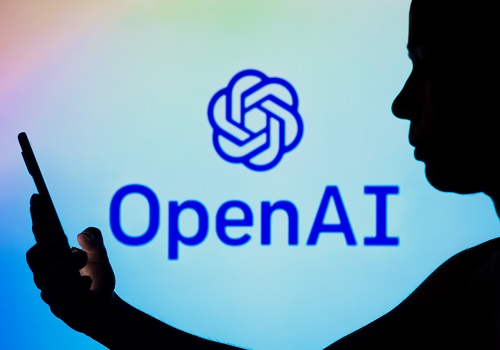

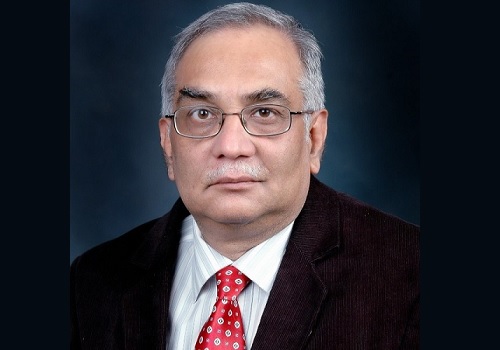

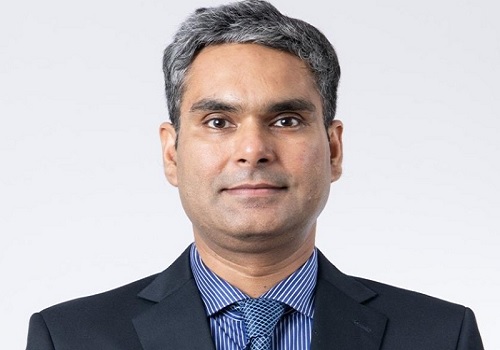
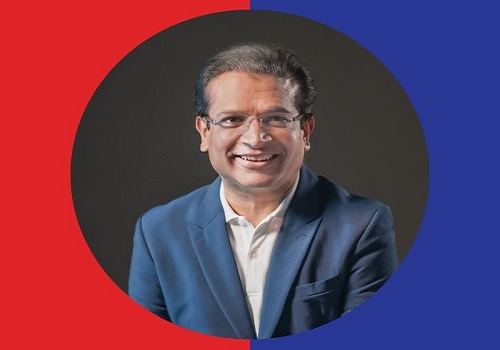


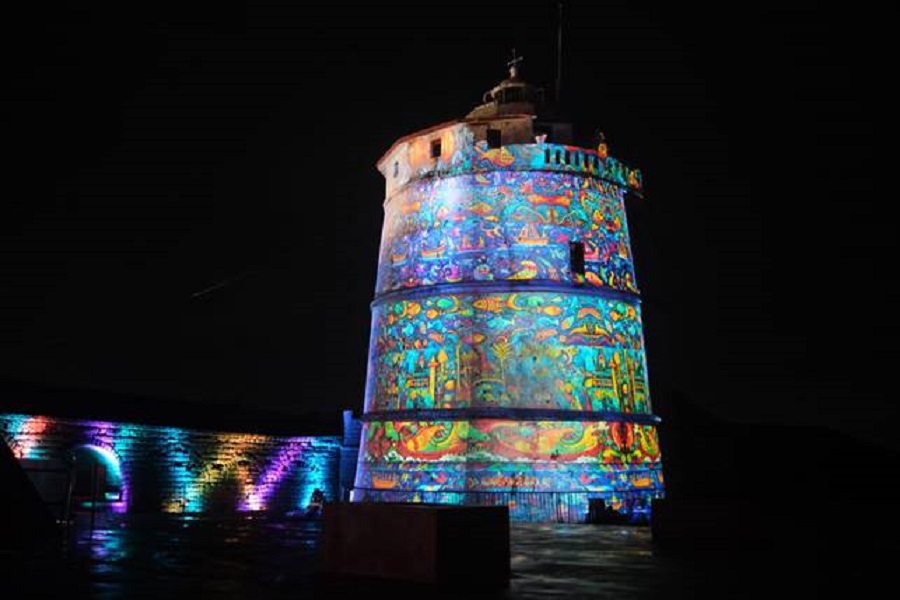
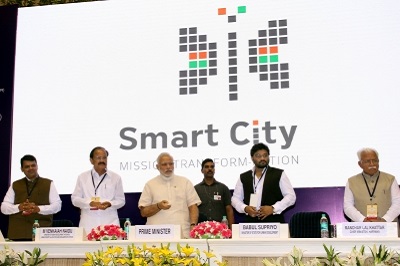


 320-x-100_uti_gold.jpg" alt="Advertisement">
320-x-100_uti_gold.jpg" alt="Advertisement">

